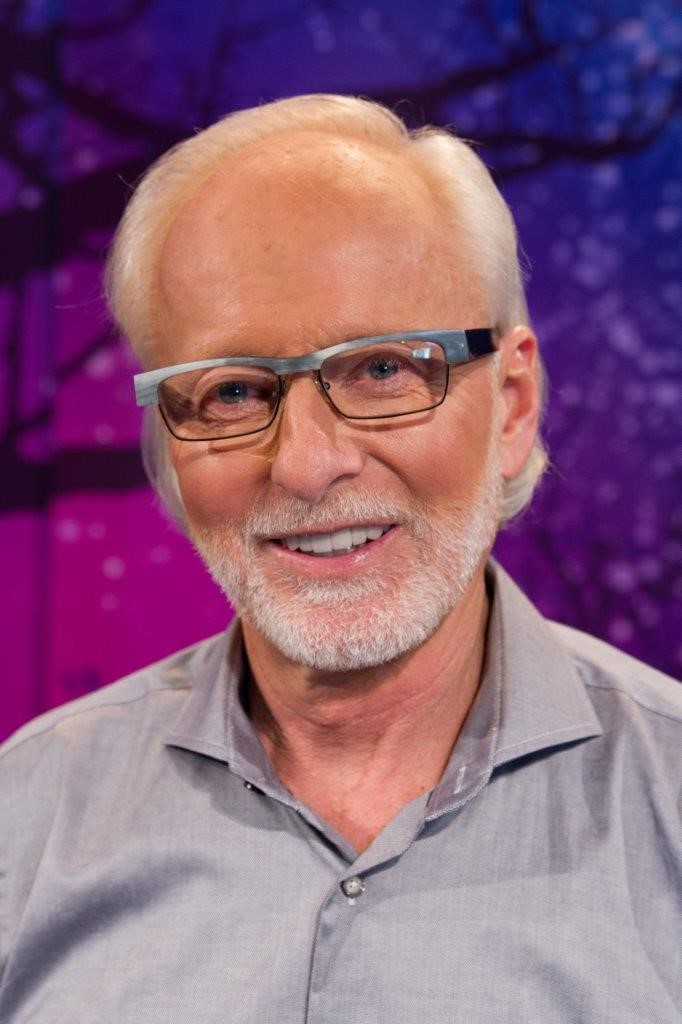In presenting the concept of “Becoming a Purposeful Elder,” I often point out that there are commonly held ageist stereotypes of older adults. These ageist assumptions limit older people’s freedom to live the lives they choose and limit our capacity to engage the great gifts that older people possess.
Contrary to the stereotypes of later life as a time of inevitable decline, a growing body of scientific evidence shows that, in many ways, the reality is that life gets better as we get older.
Here are five prevalent myths about aging that dispel some common misconceptions.
Myth #1: All older people are the same.
Reality: There is no typical older person. In fact, there is more variety among older people than among any other age group.
Older age is characterized by great diversity. And, diversity in older age is not random or quirky. The relationships we have with our physical and social environments are shaped by factors such as the family we were born into, our sex, our ethnicity, religion, and financial resources. We are each, a unique “experiment of one.”
Myth #2: The core needs of older people are different from those of younger people.
Reality: Human needs do not change as we grow older. We all need to belong and to have a reason to get up in the morning. And, 70 is not the new 40. It is the new 70!
In fact, a growing body of evidence indicates that our basic moods and overall sense of well-being improve with age. Contrary to the popular notion that youth is the best time of life, the peak of emotional life may not occur until the seventies. I can, personally, attest to that!
Myth #3: There is a lack of productivity with older people.
Reality: While many older adults are not in paid employment, they are in productive roles as caregivers, mentors, coaches, volunteers, and grandparents.
Age has not been shown to be a reliable indicator for judging workers potential productivity or employability.
In fact, some 80-year-olds have levels of physical and mental capacity that compares favorably with 20-year-olds. Moreover, surveys have found that the majority of people today approaching traditional retirement age do not actually want to retire. Or, you often hear, “I’m retired and I’m working.”
Myth #4: Older people suffer from rigid thinking.
Reality: Creativity has long been falsely seen as the province of the young. But, studies that date back as far as the 19th century, point to “midlife” as the time when artists and scholars come into full bloom. People who are creative in older age are not anomalies.
In fact, recent studies have found that wisdom and certain types of “smarts” continue to develop in ways that can even offset age-related challenges in the brains’ ability to process new information and reason abstractly. Some studies report that “wisdom” – the ability to resolve conflicts by seeing problems from multiple perspectives – flourishes as we age.
Myth #5: As people age, their ability to learn declines.
Reality: Learning styles and speed of learning may change and slow slightly, but the basic capacity to learn is retained.
Like an older computer, an older brain might take longer to boot up and to retrieve information from its crowded memory. But recent studies show that – barring cognitive challenges – older adults perform better in the “real world” than they do on cognitive experiments and tests. In the real world (vs the laboratory) most of what we do is based on the information, knowledge, and experience that we have acquired.
We know that as we age, our minds and bodies decline – and life becomes less enjoyable and fulfilling. We know that creative decline is inevitable. We know that we become less productive as we get older. And, what we know, it seems is wrong.
To be sure, aging has its challenges. Some people don’t age as well as others. And, yet, as we get older, creativity, productivity, and satisfaction with life can flourish.
Be Curious
Be curious. Don’t accept the prevailing myths of aging without checking them out against the emerging realities.
Curiosity defined as the desire to “know, see, or experience new things,” can activate a sense of becoming a purposeful elder.
Novelty combined with curiosity is very important. Get out of your comfort zone.
* * * * * * * *
 Richard Leider, founder of Inventure – The Purpose Company, is one of America’s preeminent executive-life coaches. He is ranked by Forbes as one of the “Top 5” most respected executive coaches, and by the Conference Board as a “legend in coaching.” Richard has written ten books, including three best sellers, which have sold over one million copies and have been translated into 20 languages. Repacking Your Bags and The Power of Purpose are considered classics in the personal development field. Richard’s PBS Special – The Power of Purpose – was viewed by millions of people across the U.S.
Richard Leider, founder of Inventure – The Purpose Company, is one of America’s preeminent executive-life coaches. He is ranked by Forbes as one of the “Top 5” most respected executive coaches, and by the Conference Board as a “legend in coaching.” Richard has written ten books, including three best sellers, which have sold over one million copies and have been translated into 20 languages. Repacking Your Bags and The Power of Purpose are considered classics in the personal development field. Richard’s PBS Special – The Power of Purpose – was viewed by millions of people across the U.S.
